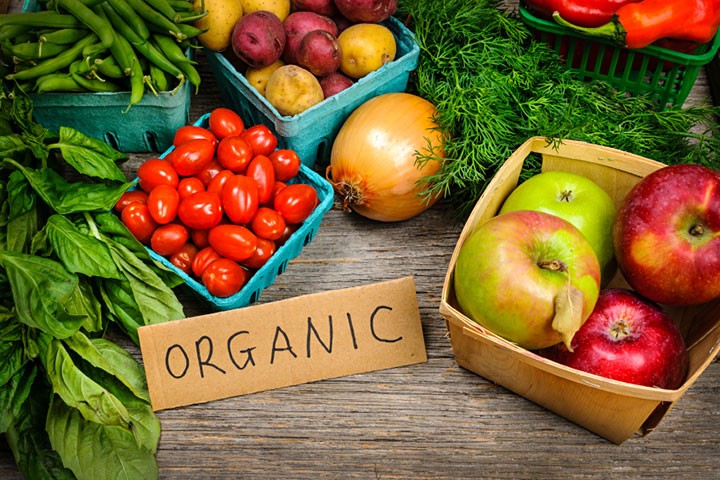Question: Organic produce is so expensive! Is it really better than regular produce?
What a great question! Organic foods have become mainstream staples at grocery stores across the country. Many stores now carry an array of fruits and vegetables in the organic section. Organic foods stretch beyond the produce aisle, too. You will see products ranging from green tea to microwave dinners.
The term “organic” refers to how the produce was grown (i.e., free of chemicals like pesticides as opposed to conventionally farmed). This doesn’t necessarily mean that a fruit or vegetable has any more or less fiber, calories, fat, protein, vitamins or minerals. Some researchers have found more antioxidants in organic produce, while other researchers have found the amount of antioxidants to be the same. That being said, organic farming can be better for the environment because more sustainable methods are used that are less harmful to the air, soil, water and wildlife.
Plus, not all produce contains the same amount of pesticide reside. Research has shown that certain fruits, including apples, celery, bell peppers, peaches, strawberries, and nectarines, contain more pesticide residue than other types of produce. These have been dubbed the “dirty dozen.” Conversely, there are also a list of the “clean 15,” which include onions, sweet corn, pineapple, avocado, sweet peas and cabbage — all very low in pesticides. If organic produce does fit into your budget, it would be best to try to purchase organic foods that fall under the “dirty dozen.”

